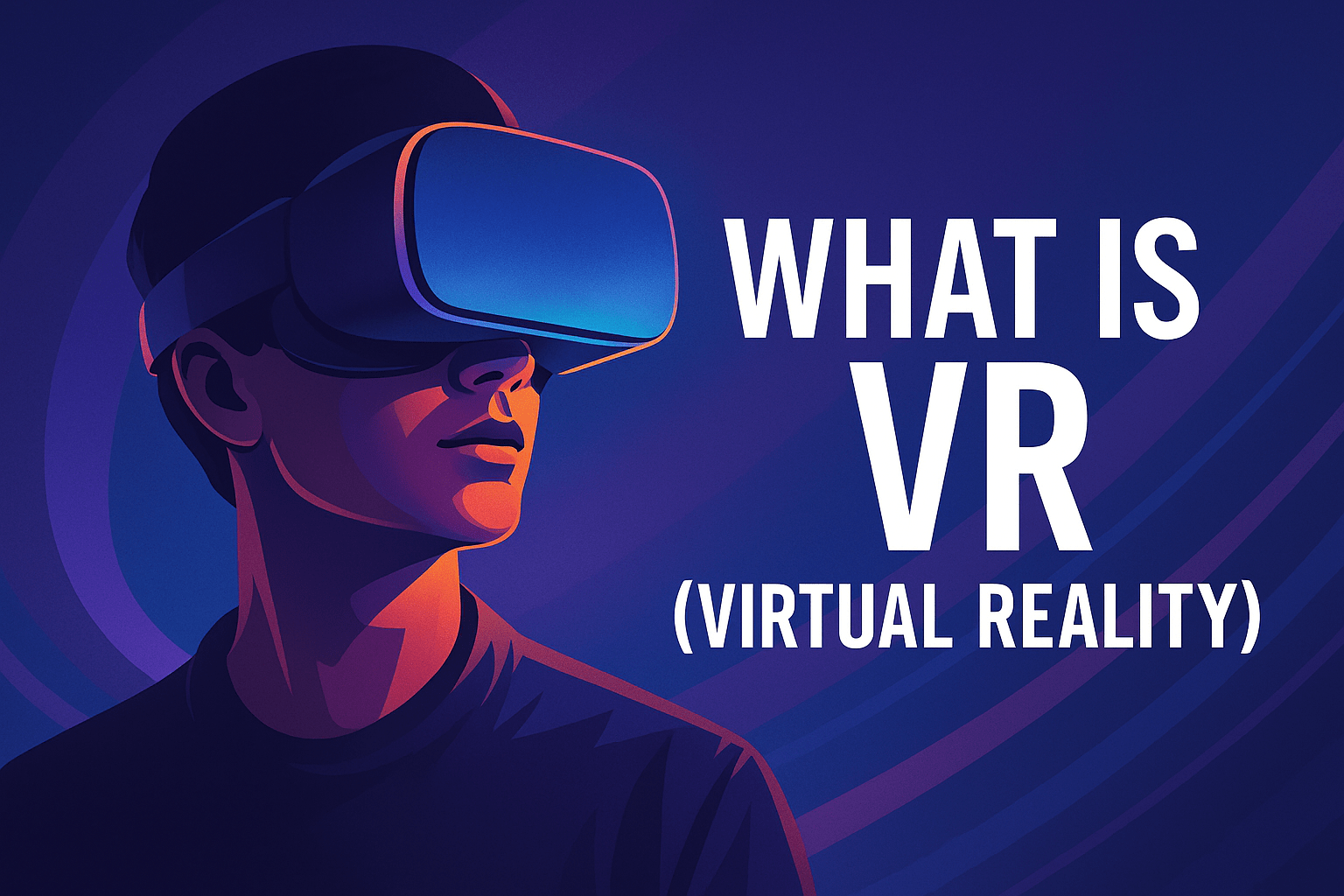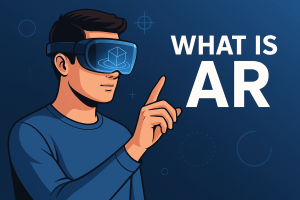When people ask me what is VR, I like to remind them that it is not just another piece of technology—it is an entirely new way of experiencing reality. VR, or Virtual Reality, is the use of computer-generated environments that immerse users in a simulated world where they can see, hear, and often interact as though it were real. Unlike looking at a flat screen, VR transports you inside a three-dimensional space, creating the illusion that you are truly present in another environment.
Understanding the technology behind VR
At its core, VR relies on specialized headsets and devices that block out the physical world and replace it with digital surroundings. These headsets track head movements, adjusting the perspective in real time so that when you turn your head, the environment shifts naturally, just like it would in the physical world. This is paired with spatial audio, hand controllers, and in advanced systems, even haptic feedback that lets you feel textures and resistance.
The result is an experience that tricks your brain into believing the virtual is real. When done well, VR can trigger emotions, reflexes, and memories just as strongly as real-life situations. That is the true power of virtual reality.
How virtual reality is changing industries
The question of what is VR cannot be answered without recognizing how it is transforming multiple fields. In gaming, virtual reality has created new levels of immersion where players can step inside fantasy worlds instead of simply watching them. In healthcare, surgeons practice procedures in highly realistic environments before touching real patients, reducing risk and improving skills. Education has also embraced VR, allowing students to walk through ancient civilizations, explore outer space, or study biology at the molecular level in a way that textbooks could never achieve.
Businesses are equally benefiting. Virtual meetings, immersive product demonstrations, and even real estate tours now take place in VR environments, making distance irrelevant. For marketers like me, VR opens a new frontier for storytelling, where brands can design entire experiences instead of just ads.
Why VR matters for the future
The reason I believe VR is so important is because it redefines how we connect with information and with each other. We no longer passively consume digital content. We step inside it. This shift has profound implications not only for entertainment but also for how we learn, work, and even socialize.
Ask yourself what is VR in the context of your own life. For some, it might be entertainment and gaming. For others, it is a training tool, a way to explore, or even a new avenue for therapy and well-being. The beauty of virtual reality is that it adapts to the needs of the user, and as technology becomes more accessible, it will become part of our everyday lives.
The next time you put on a headset and step into a new world, remember that VR is not simply about technology—it is about the human experience of presence, connection, and imagination. It is the merging of digital creativity with human curiosity, and in my view, that is where the real magic happens.








